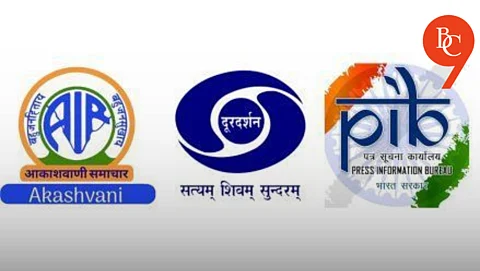

The country’s leading government media agencies have announced free or low-cost access to their extensive archives. This initiative is set to benefit content creators, researchers, students, and the general public by providing unprecedented access to rare visuals, historic records, and reliable data spanning decades of Indian history and culture.
The announcement comes from a coalition of major public broadcasters and government agencies, including:
Prasar Bharati (parent body of Doordarshan and All India Radio)
Doordarshan National
Akashvani (All India Radio)
Press Information Bureau (PIB)
National Archives of India
These organizations have made their content available for public use across various platforms, including social media and dedicated digital portals.
The scope of accessible material is vast and diverse:
Doordarshan and AIR: News clips, audio materials, written stories, visuals, shorts, explainers, and documentaries across 50 categories and 15 languages. All content is copyright-cleared and authorized for public use, with creators encouraged to use it freely on platforms like YouTube and social media.
Press Information Bureau: Official press releases, government updates, and rare archival footage, now easily shareable and reusable.
National Archives of India: Millions of digitized public records, private papers, oriental records, cartographic materials, and declassified documents, including files related to historic events like the Netaji Subhas Chandra Bose papers. The “Abhilekh Patal” portal offers free online access to over 3 crore digitized pages, with plans to further expand and integrate AI-powered search tools.
The move follows recent copyright disputes and growing demand from digital creators and the public for open access to government-owned content. By making these archives freely or affordably available, the government aims to:
Foster creativity and innovation among content creators
Support academic research and public education
Promote transparency and awareness of India’s historical and cultural legacy
The initiative has been widely welcomed by educators, historians, filmmakers, journalists, and digital creators. Experts believe it will not only preserve India’s archival wealth but also empower a new generation to explore and reinterpret the nation’s history and culture.
By opening up their extensive archives, India’s government media agencies are setting a new standard for public access, transparency, and creative freedom. This bold step ensures that the country’s collective memory is no longer locked away, but available to all who seek to learn, create, and share.
